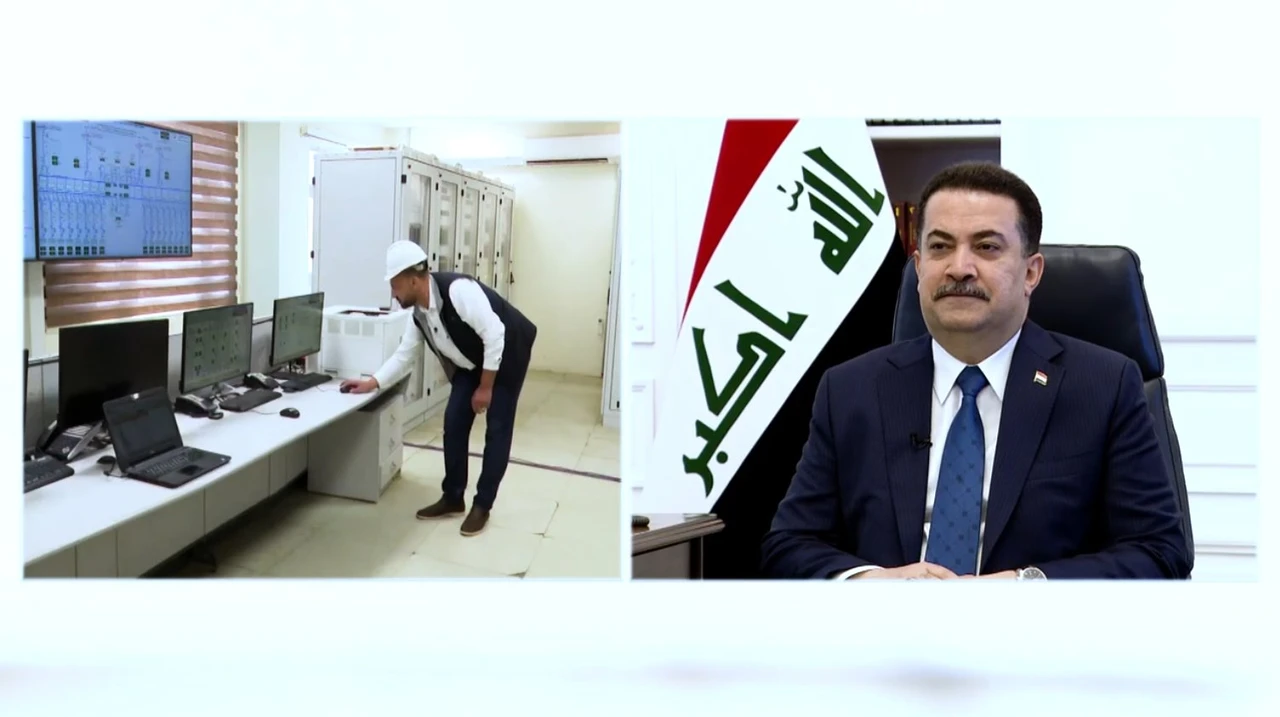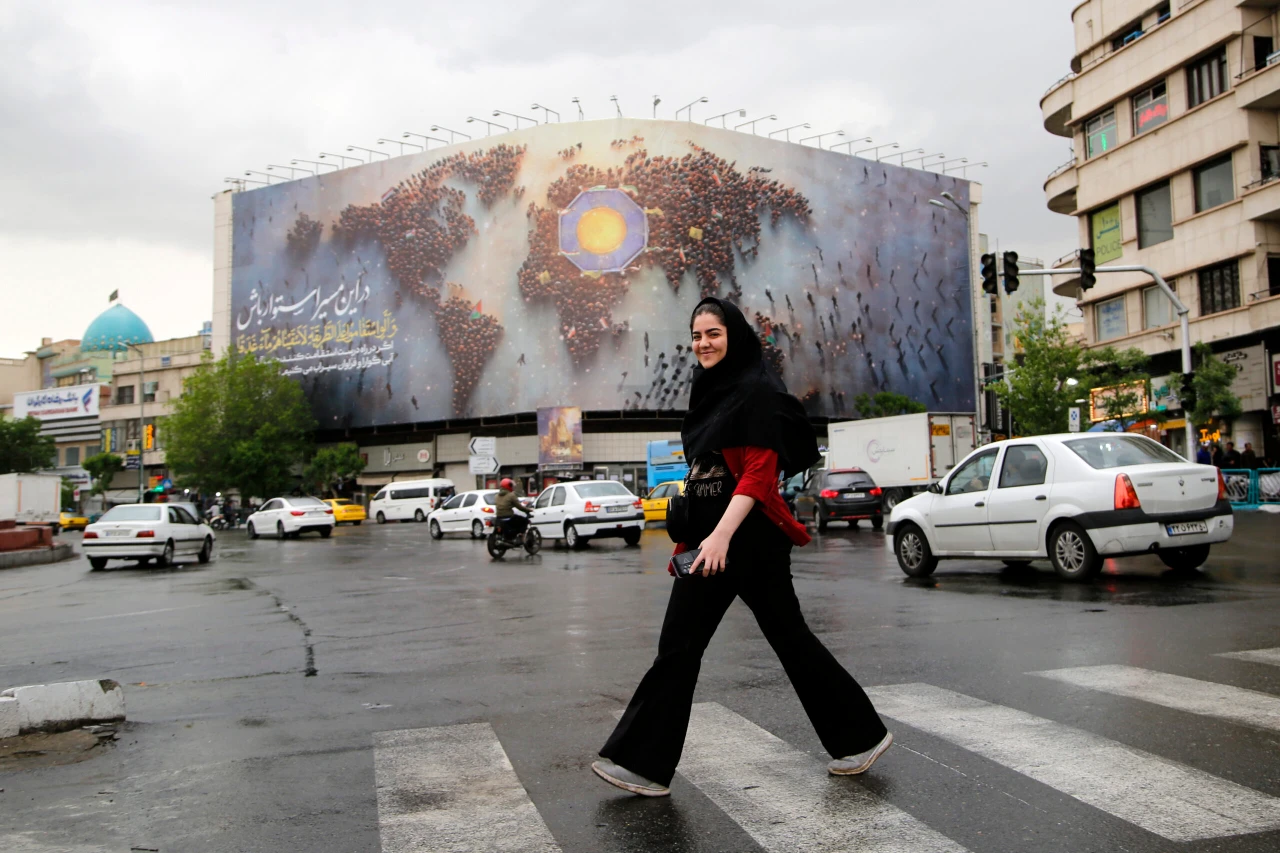Iraq, Türkiye launch new power grid connection
 Iraqi Prime Minister Mohammed Shia al-Sudani has inaugurated a long-awaited power grid project linking Iraq to Türkiye and Europe. (Photo via Iraq PM Office)
Iraqi Prime Minister Mohammed Shia al-Sudani has inaugurated a long-awaited power grid project linking Iraq to Türkiye and Europe. (Photo via Iraq PM Office)
Iraqi Prime Minister Mohammed Shia al-Sudani inaugurated the new Iraq-Türkiye power grid connection project Sunday, according to a statement from his office.
This strategic initiative aims to enhance Iraq’s national power grid by linking it with Türkiye’s, providing a significant boost to the country’s energy system.
Project significance, future plans
During the inauguration ceremony, Al-Sudani emphasized the importance of the project, which had been on hold since 2004 despite initial plans dating back to the 1990s.
“Today, it has been completed in coordination with the Turkish Ministry of Energy,” he said.
“The importance of this project lies in establishing Iraq’s first international electricity connection with neighboring Türkiye and subsequently with the European Union. This is a strategic move for future energy security,” Al-Sudani added.
Regional power grid connections
Al-Sudani outlined Iraq’s plans to further integrate into the regional energy system. Following the successful electricity grid links with Jordan and Türkiye, Iraq aims to connect with Kuwait and the GCC by the end of this year.
The next step will be linking with Saudi Arabia, enabling energy diversity and exchange during peak load periods.
The Iraq-Jordan link, now operational, supplies al-Rutbah, with plans to extend to al-Qaim by the year’s end.
The cabinet has approved a link with Türkiye to provide 300 megawatts to the northern region.
The Gulf interconnection will add 500 megawatts to Basra, while a separate link with Saudi Arabia will initially supply 1,000 megawatts.
Diversification, energy security
Despite these efforts, Iraq continues to rely on Iranian gas. However, it has signed a preliminary agreement with Turkmenistan and plans to develop a solar power capacity of 6,000 megawatts to diversify its energy sources.
“Grid interconnection will offer additional power supply, improve grid reliability, and allow Iraq to secure the electricity it needs to enhance overall performance and stability,” said Ahmed Moussa, spokesperson for the Ministry of Electricity.
“However, it is not a standalone solution and won’t eliminate our reliance on Iranian gas,” Moussa concluded.



